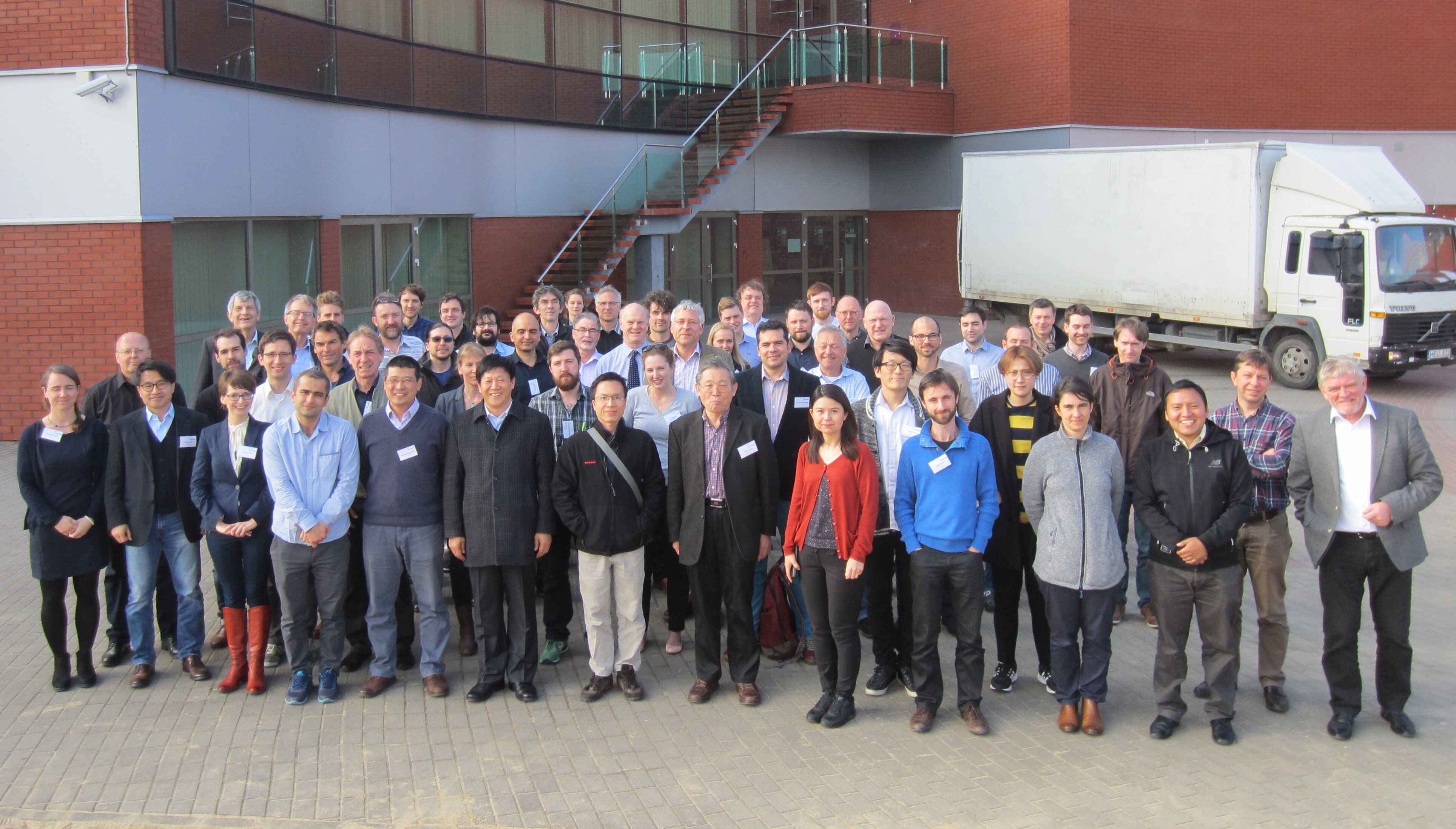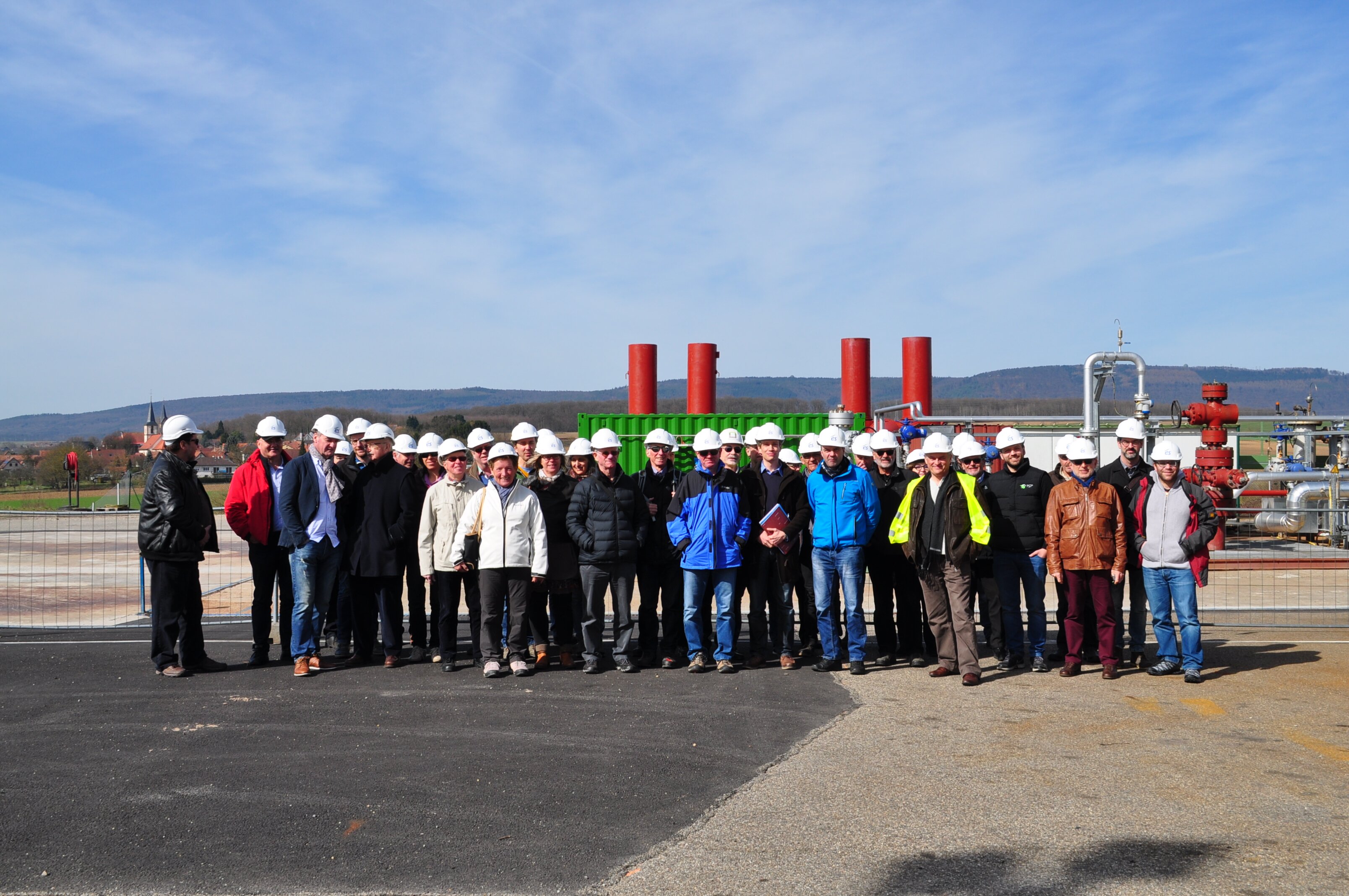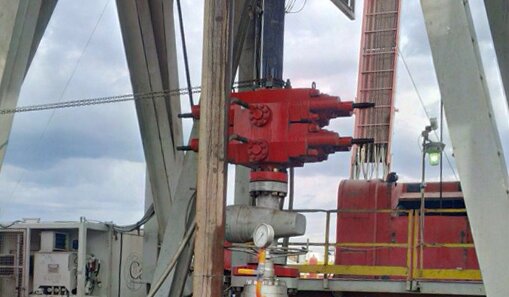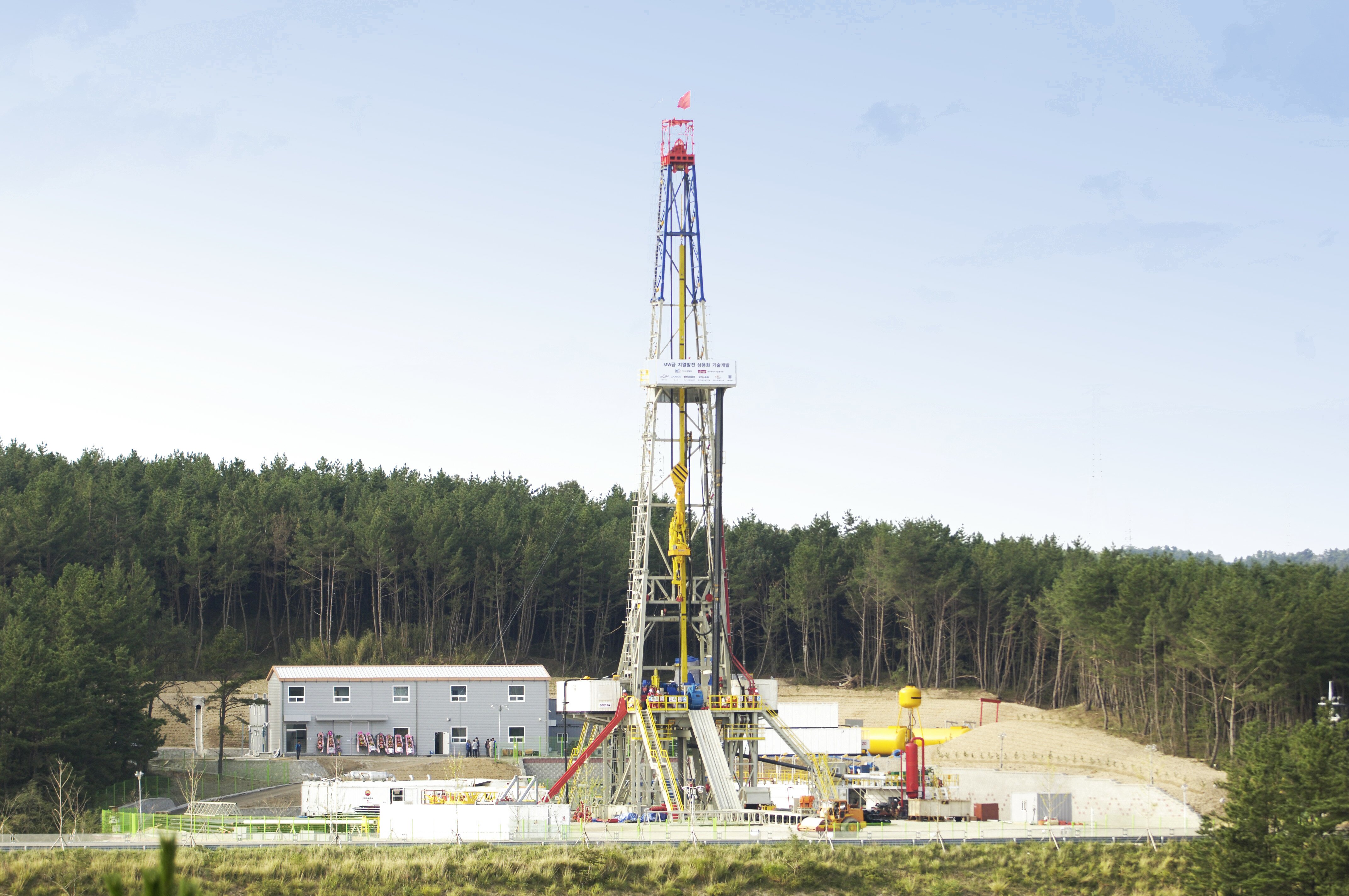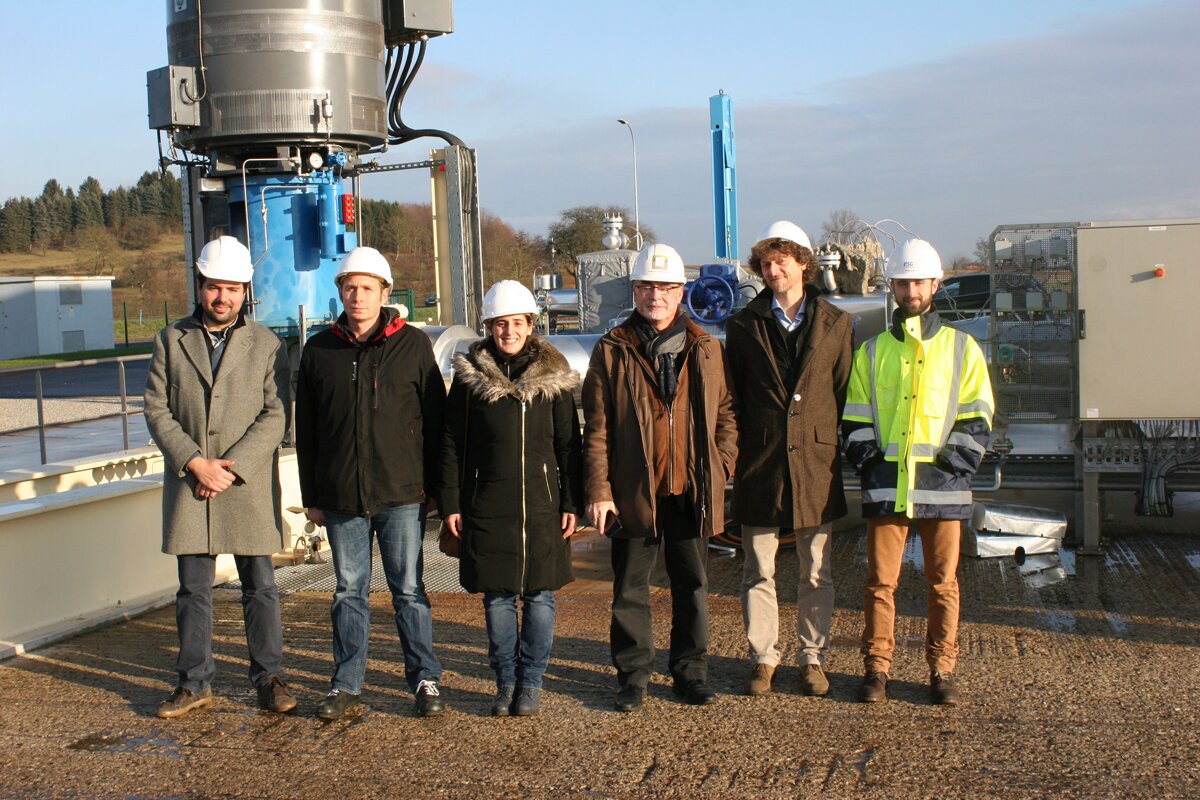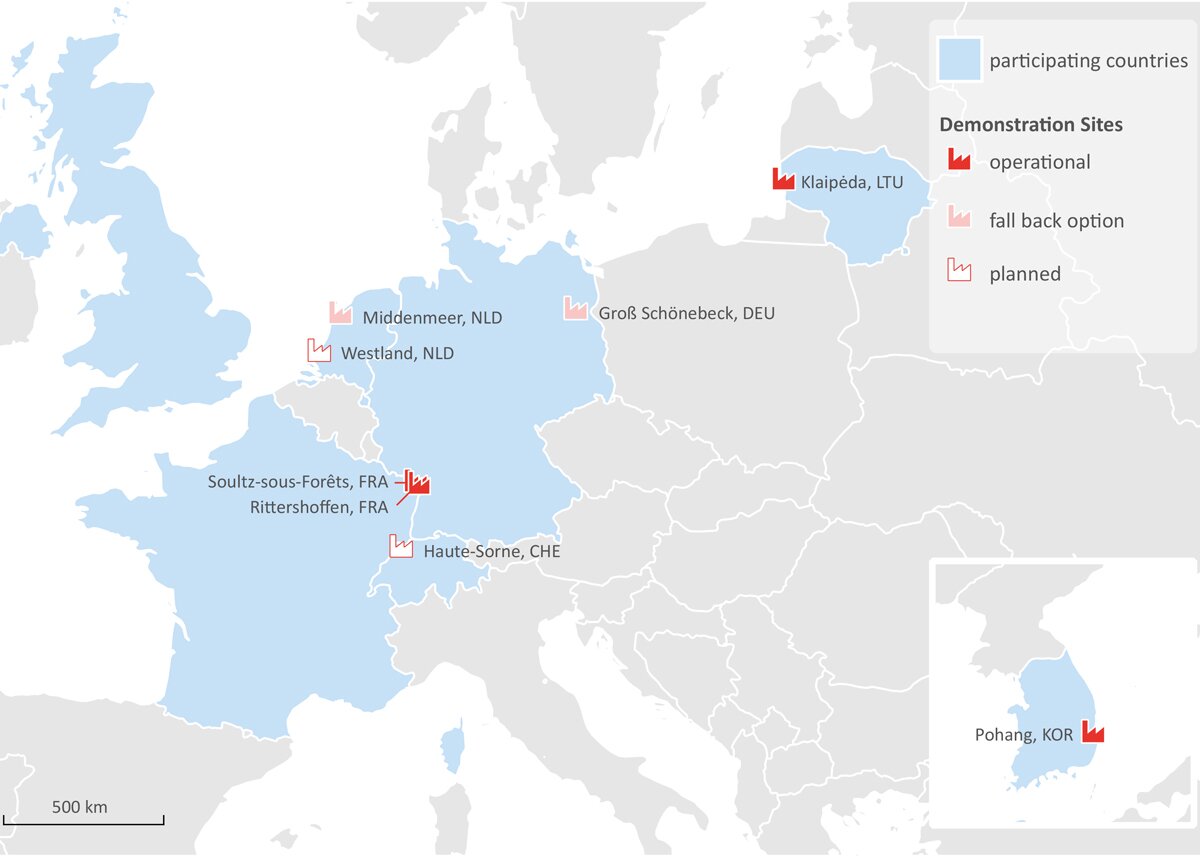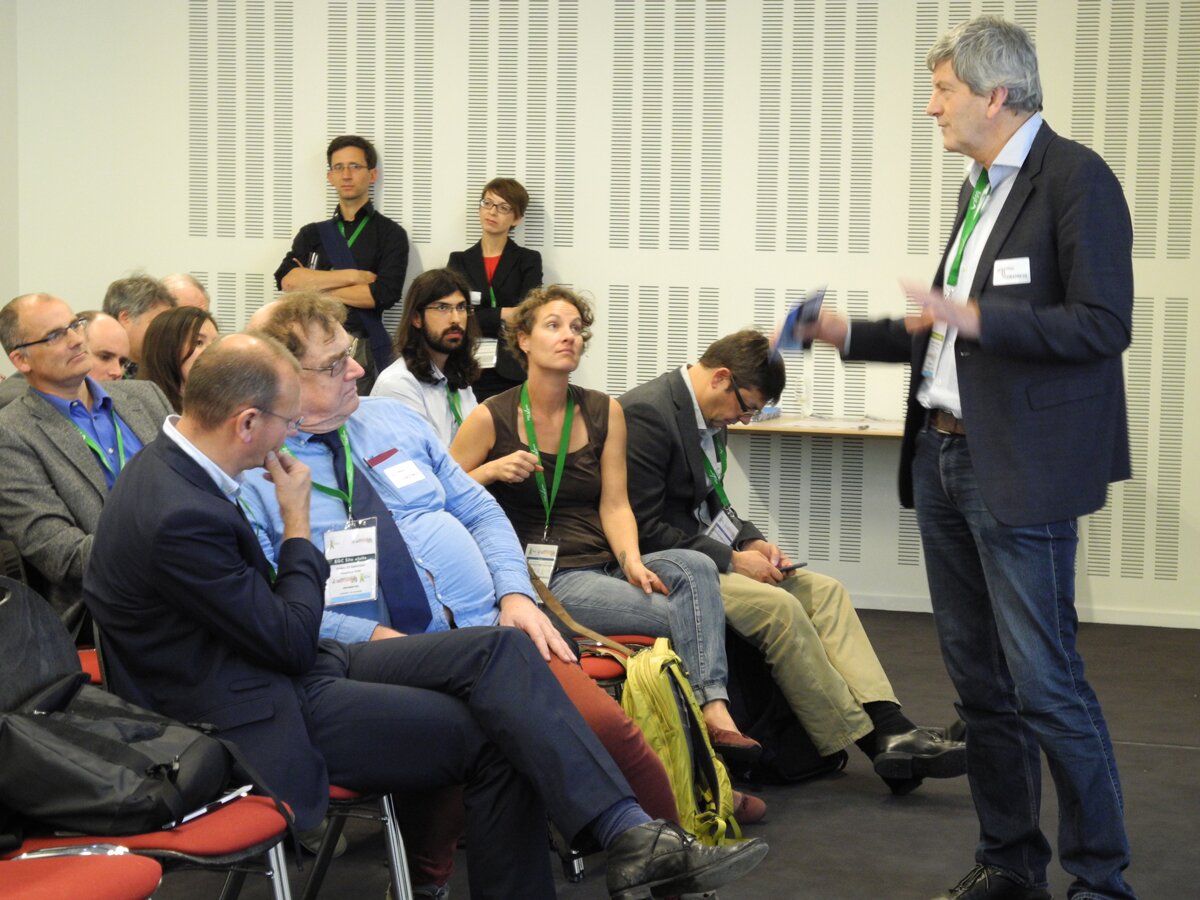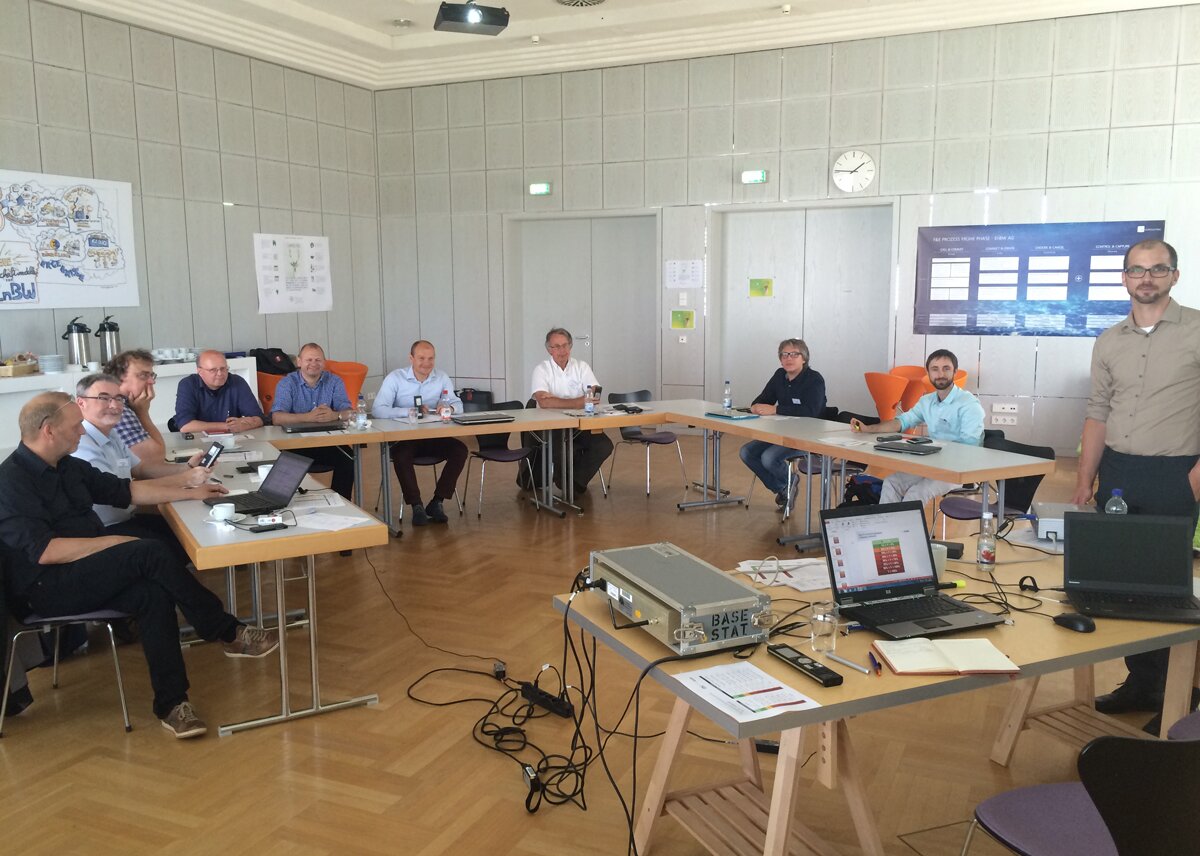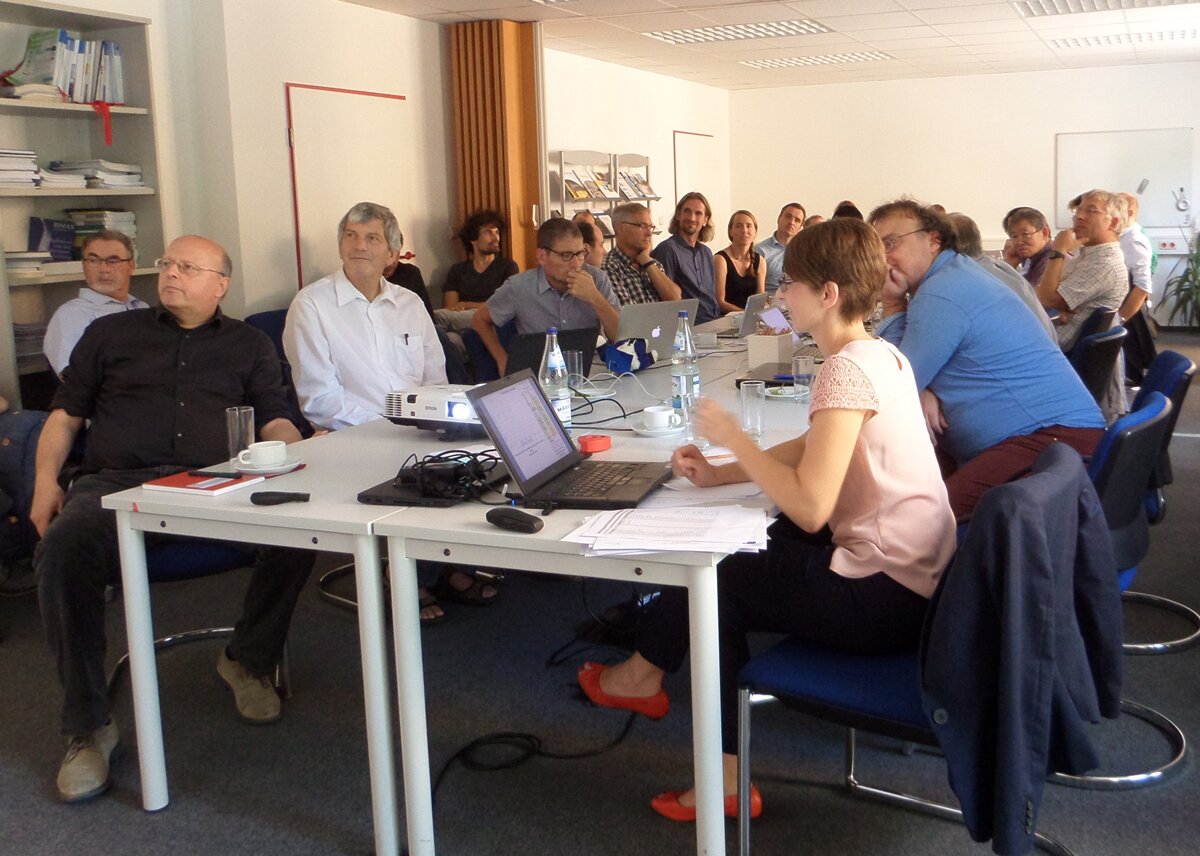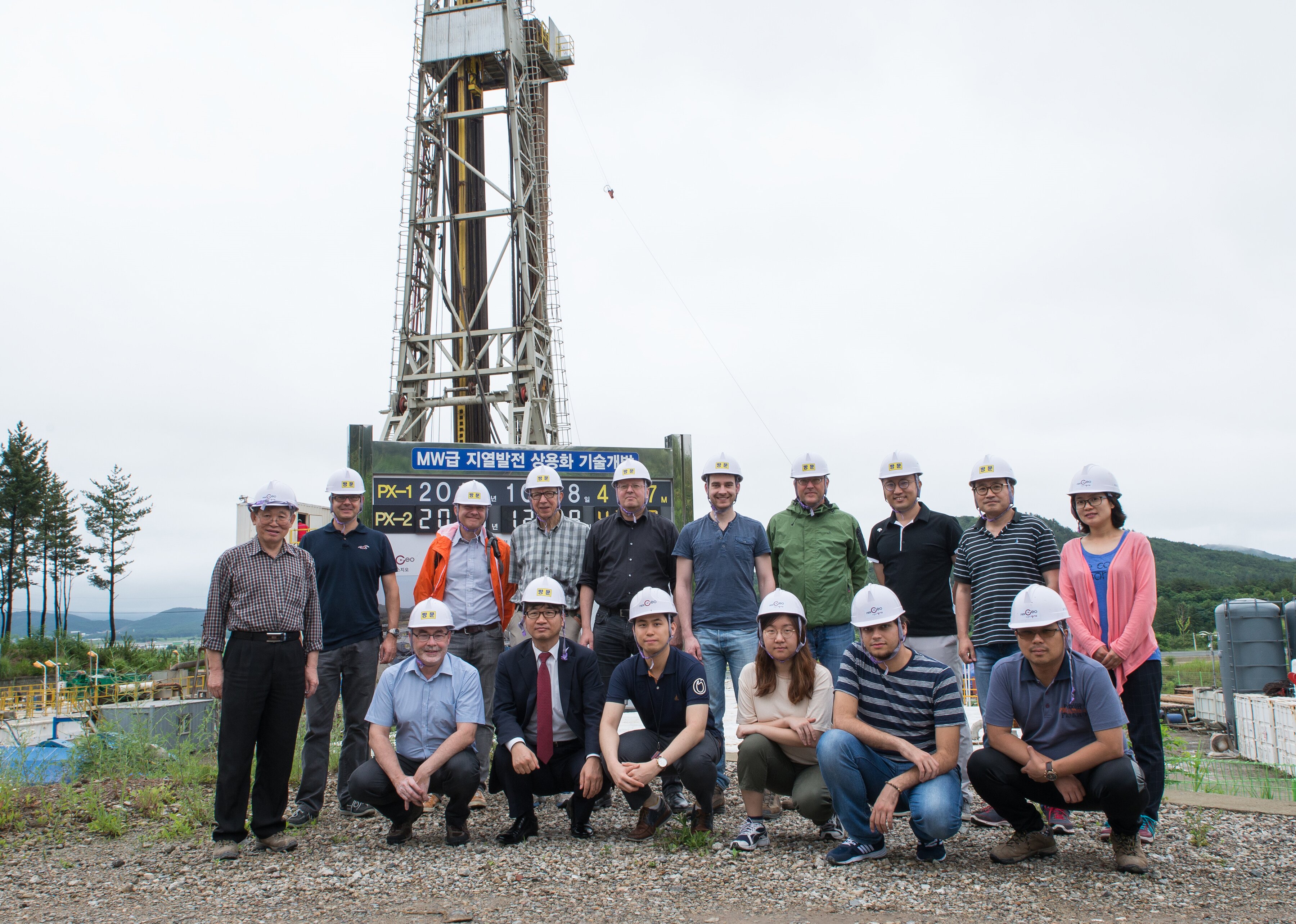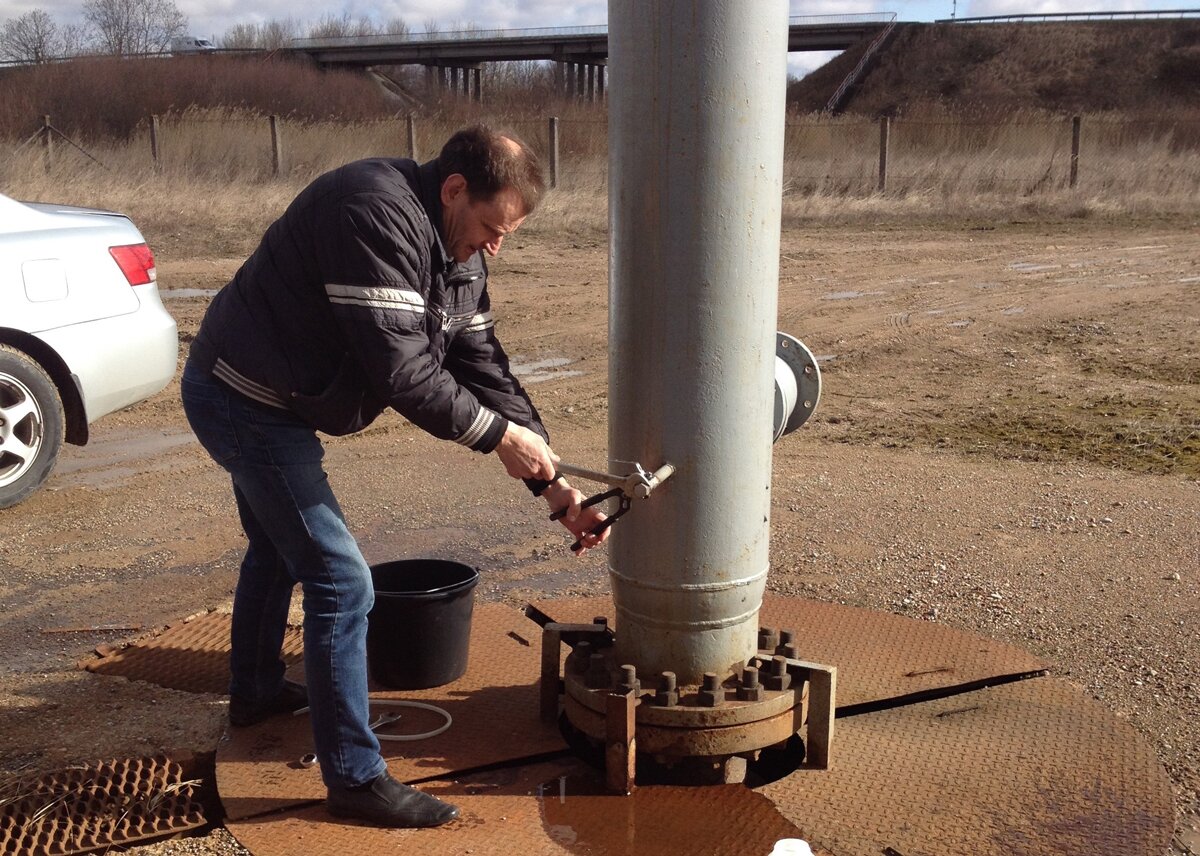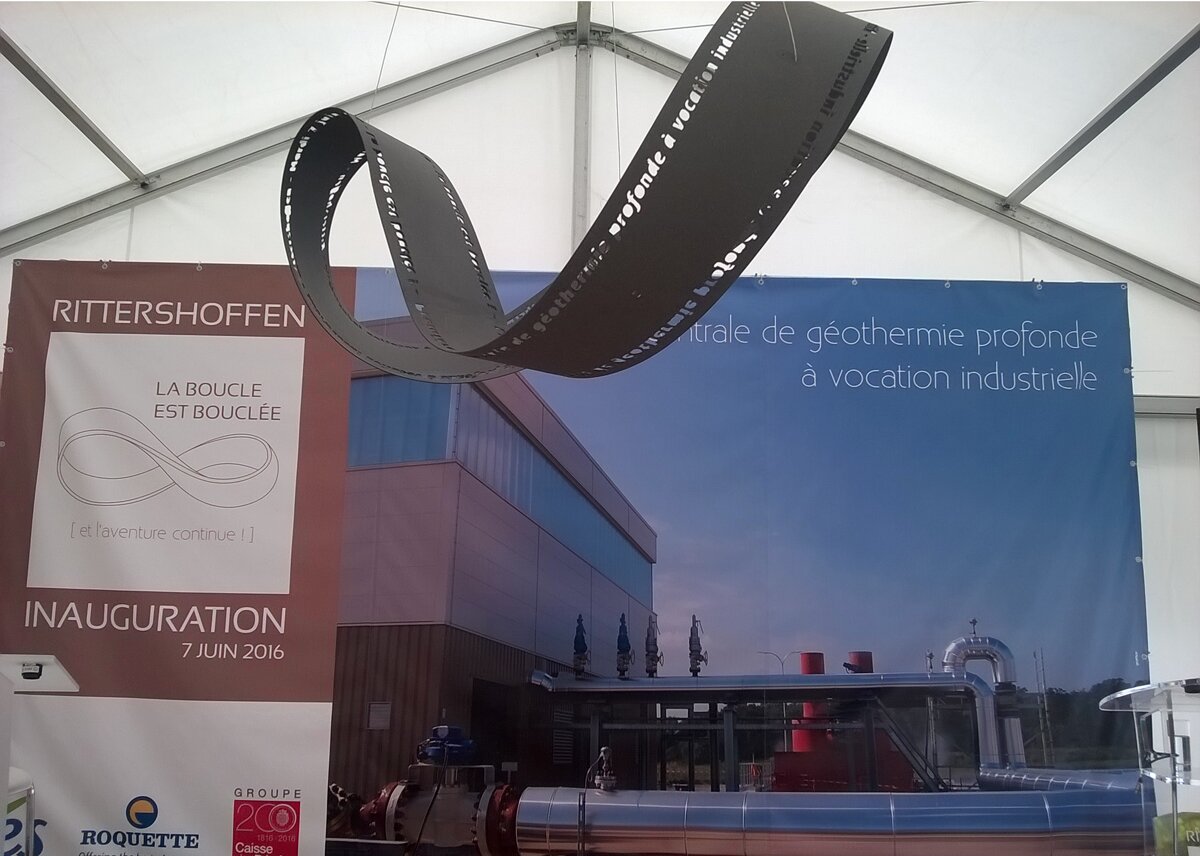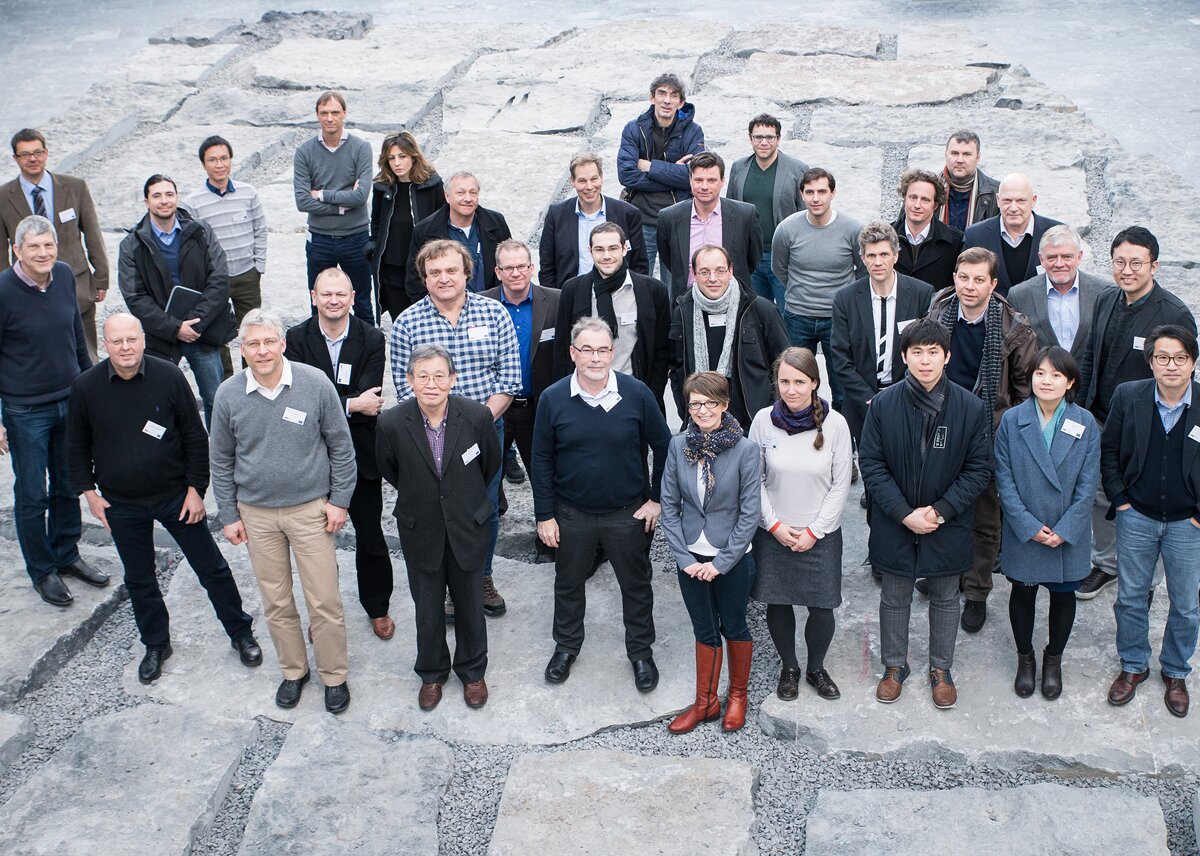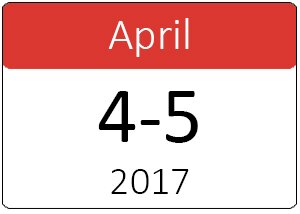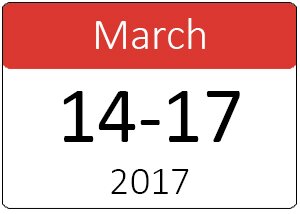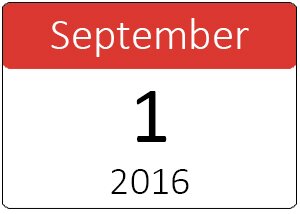News
Fruitful and Demanding Get-Together at the 2nd General Assembly
Travelling to the General Assembly in Klaipeda, Lithuania, was quite a challenge for many participants. But productive sessions and face-to-face encounters on the "working side" as well as good food and even sunshine on the "leisure side" made the journey more than worthwhile.
read moreSite Visit in Alsatian Geothermal plants for Citizens of the Canton Jura
On March 11th, a visit of the geothermal power plants of Soultz-sous-Forêts and Rittershoffen was organised by Geo-Energie Suisse SA (GES) and Électricité de Strasbourg Géothermie (ÉSG) for citizens of the Canton Jura, Switzerland, where GES is planning its Haute-Sorne project.
read moreSystematic Approach for Techno-Economic Evaluation Developed by WP2
Is soft stimulation worth its effort? Is it wise to use soft stimulation in geothermal exploration from an economical point of view? Which risk factors and uncertainties do we face while performing soft stimulation and how do they affect our project?
read moreQualitative Analysis Shows Media Frames of Deep Geothermal Energy
Olivier Ejderyan (ETH Zurich) conducted a qualitative media analysis of 115 articles about deep geothermal energy (DGE) in three French-speaking Swiss newspapers within task 3.3 "Risk Governance".
read moreSuccessful Hydraulic Stimulation in Pohang
Currently there are two deep boreholes in Pohang: PX-1 at 4.2 km and PX-2 at 4.3 km. The first and second hydraulic stimulations have been carried out in January and February 2016 in PX-2 and in December 2016 in PX-1.
read moreAcceptance of Geothermal Energy in the Spotlight of Social Science Studies
The social context of geothermal energy projects matters as participants of the first DESTRESS Workshop on Social Sciences highlighted at the end of January in Strasbourg. A good example is the acceptability of geothermal energy production in the Alsace (France), which is rather high due to positive experiences with extensive oil drilling in the last decades.
read moreList of Topics for Future Monitoring Has Been Compiled
In the framework of the WP3.4, entitled to "Non-standard risk monitoring", teams from the Centre for Early Warning system (CEWS) at GFZ Potsdam and ESG met at the Soultz site on 12 December 2016. After ESG introduced the Soultz-sous-Forêts and Rittershoffen geothermal sites, GFZ presented an overview of their expertise in real-time monitoring capabilities, early warning systems for risk assessment and vulnerability studies.
read moreStatus Quo of Demonstration Sites
To demonstrate the DESTRESS concept, six different sites with access to a reservoir by means of geothermal wells have been chosen. About 9 month after the start of the project, we present here the first status quo report on the demonstration sites.
read moreH2020 Workshop on Geothermal Research in Brussels
Early September, the project leaders and managers as well as the communication and dissemination managers gathered for a workshop on H2020 GeoThermal Research and Innovation Projects in Brussels.
read morePublication "Hydrothermal characterization of wells GRT-1 and GRT-2 in Rittershoffen, France"
The wells GRT-1 and GRT-2 drilled in 2012, respectively in 2014, offer a unique opportunity to gather highquality datasets on a deep geothermal system in the Upper Rhine Graben at the transition between the Buntsandstein sandstone and the Palaeozoic granite basement.
read more1st Stakeholder Event at EGC Strasbourg
DESTRESS is establishing a stakeholder network to facilitate the exchange of good practices and to exploit project results.
read moreGeothermal Energy – A Community Effort
Stefan Wiemer and Michèle Marti, both Swiss Seismological Service / ETH Zurich, on DESTRESS at the SCCER-SoE-Blog.
read moreTop 10 List of Possible Risks for Soft Stimulation Compiled
One aim of DESTRESS is to bring together social and economic challenges related to soft stimulation. An initial step for this task is to investigate possible risks: even though soft stimulation aspires to reduce the environmental impact of a reservoir enhancement, not every risk can be excluded.
read moreFirst Progress Meeting in Potsdam
34 people, about a third of the all persons involved in DESTRESS, travelled from various European countries and Korea to Potsdam, Germany, for the first progress meeting in September 2016.
read moreFirst DESTRESS-Workshop: Korean-European Knowledge Exchange on EGS
In July 2016, researchers and experts in geothermal energy from Germany, France, Switzerland and Korea conducted the first DESTRESS stakeholder workshop. In Seoul they discussed recent progresses of different EGS projects.
read moreFirst Efforts to Address Challenges in Klaipeda Geothermal Site (WP4)
In March and July 2016 geochemists, reservoir engineers and rock mechanic experts from GFZ Potsdam visited the site to sample fluids, filter residual and core pieces for analysis in the laboratory.
read moreGeothermal Energy for Starch Production – Rittershoffen on Track
On Tuesday, 7th June 2016, Ségolène Royal, the French Minister of the Environment, Energy and Marine Affairs, has inaugurated the brand new Rittershoffen geothermal plant located in Northern Alsace, France.
read moreSuccessful Kick-off in Utrecht
DESTRESS has started. On Monday, 7th March 2016, the kick-off meeting took place in Utrecht/ in the Netherlands.
read moreEvents
2nd DESTRESS Access Programme in Klaipeda, Lithuania
DESTRESS will hold a joint project workshop together with the EU-project SURE concerning the stimulation and drilling methods of the geothermal plant in Klaipeda. Furthermore, a site tour to the demonstration plant of GEOTERMA will be offered. Applications until 19 February.
read moreSchatzalp Workshop on Induced Seismicity in Davos
DESTRESS is partly sponsoring the 2nd Schatzalp Workshop on induced seismicity in Davos, Switzerland, between 14 to 17 March 2017. Ernst Huenges, project coordinator of DESTRESS, is one of the distinguised keynote speakers.
read moreMeet DESTRESS at EGC in Strasbourg
DESTRESS will hold a side event for interested stakeholders on Thursday, 22nd September over lunchtime. Learn more about DESTRESS and how you can become a part of it.
read moreFirst Progress Meeting
On 1st September 2016, work package and task leaders are meeting in Potsdam, Germany, to review the status quo of the project and accomplished progresses.
read more


